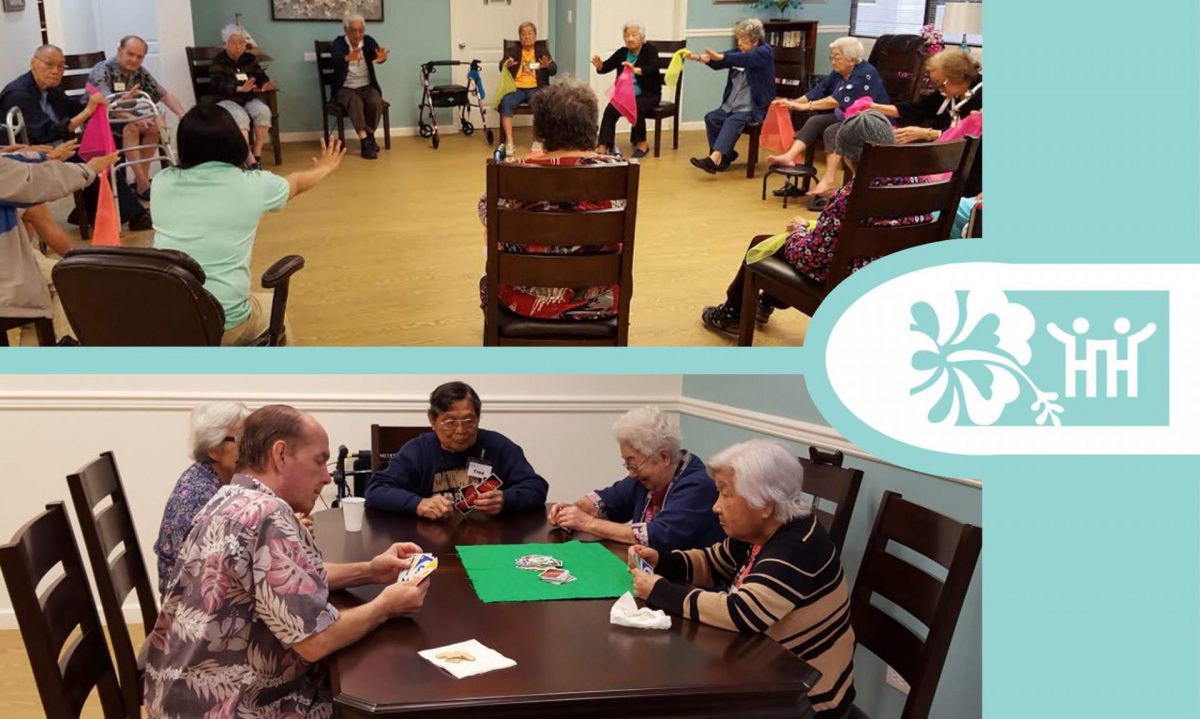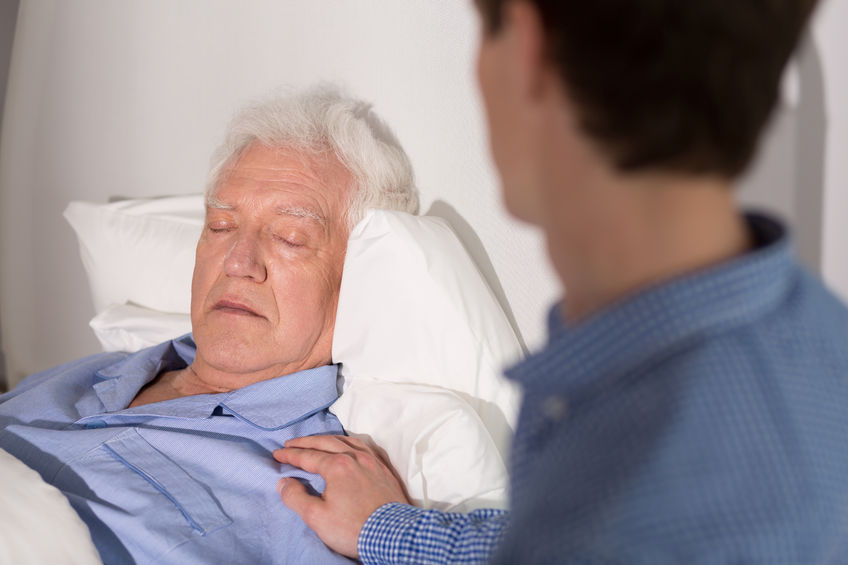We’ve all been there, tossing and turning restlessly in bed at 4 a.m., waiting for sleep to come. Receiving the proper amount of sleep is essential for memory function and allows the body to repair any cell damage from the day. Most adults are recommended to get 7.5 to 9 hours of sleep per night. While some sleepless nights can’t be avoided, there are precautions you can take to get better sleep. Follow these tips:
 Identify the causes of poor sleep. Poor sleep may be caused by a variety of factors you do not notice while going through the day. Reasons for poor sleep may include psychological factors like anxiety, depression or traumatic experiences. Poor sleep also may be caused by factors in your home that contribute to an uncomfortable environment. Be sure to avoid falling asleep with the television on and take the time to make sure your room is dark, comfortable and quiet. Wind down before bed with a good book or another bedtime ritual.
Identify the causes of poor sleep. Poor sleep may be caused by a variety of factors you do not notice while going through the day. Reasons for poor sleep may include psychological factors like anxiety, depression or traumatic experiences. Poor sleep also may be caused by factors in your home that contribute to an uncomfortable environment. Be sure to avoid falling asleep with the television on and take the time to make sure your room is dark, comfortable and quiet. Wind down before bed with a good book or another bedtime ritual.
Stick to a schedule. Going to sleep and waking up at the same time every day will result in better quality sleep, especially as you age. Consciously make an effort to stick to your schedule even on the weekends. It is also important to set your circadian rhythm to morning sunlight. Once you are awake, expose yourself to 15 to 30 minutes of sunlight in the morning, if possible.
Complete regular exercise. If you exercise at least 30 minutes at the same time every day, you will wear yourself out just in time to catch some Z’s. This exercise can include anything from walking, jogging or light yoga. However, avoid exercising within three hours of bed time. Exercising too close to bed time could have the opposite effect.

